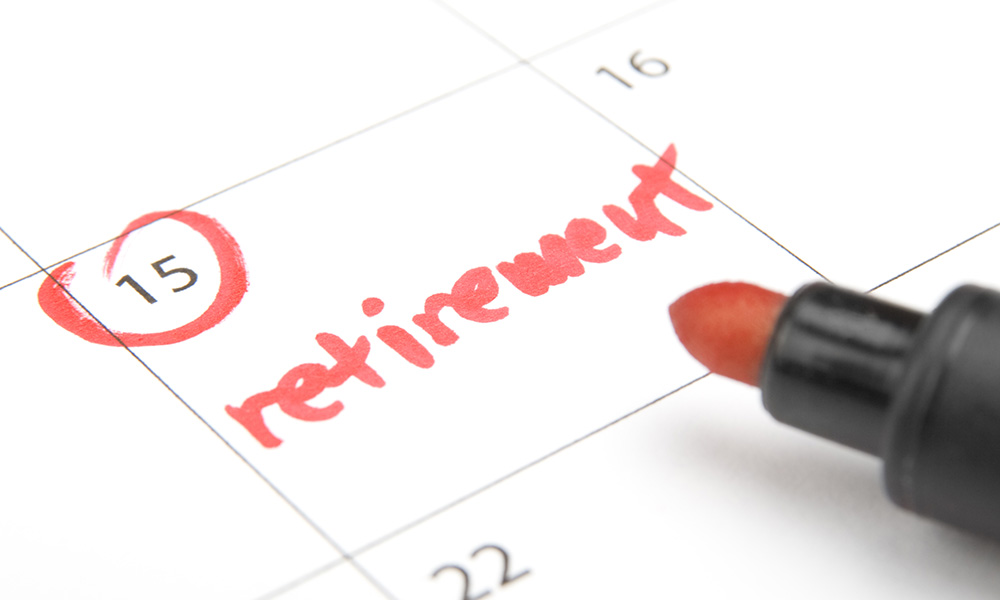09 Mar 2023

Focus will often be on maximising tax allowances as we get closer to the tax year end. However, it’s also appropriate to remember that the 5th April deadline isn’t just a deadline for tax planning.
5th April each year is also usually the deadline to pay voluntary contributions in order to maximise your State Pension. Lots of people have gaps in their National Insurance record and you can usually pay voluntary contributions for the past 6 years.
On 7th March the government extended the voluntary National Insurance deadline to 31 July 2023 to give taxpayers more time to fill gaps in their National Insurance record and help increase the amount they receive in State Pension. All voluntary contributions will be accepted at the existing 2022/23 rates until 31 July.
This means that if you’re a man born after 5 April 1951 or a woman born after 5 April 1953, you actually now have until 31 July 2023 to pay voluntary contributions to make up for gaps between tax years April 2006 and April 2016 (if you’re eligible). The limit is usually 6 years so this is an opportunity which will be lost if action isn’t taken prior to this date.
After this extended deadline you’ll only be able to pay for voluntary contributions for the past 6 years. This may not be enough to qualify for a new State Pension if you are an individual with fewer than 4 qualifying years on your National Insurance record. You’ll usually need at least 10 qualifying years in total.
What should you do:
- The first step is to check your state pension forecast. You can do this by visiting the government website at: www.gov.uk/check-state-pension.
- You need a 35-year track record to qualify for the full state pension, which for many people will exceed £10,000 per year in the spring.
- You can check your National Insurance record here: www.gov.uk/check-national-insurance-record.
While it will not be appropriate for everyone to pay voluntary contributions, it would be sensible for you, colleagues or your family take time to review this issue particularly if you are a man born after 5 April 1951 or a woman born after 5 April 1953. We at Wealth Professional are of course happy to discuss whether this may or may not be appropriate and good value for your individual circumstances.
We’ll be writing to you soon Capital Gains Tax and some action that can be taken as we get closer to the introduction of the new, reduced allowances.